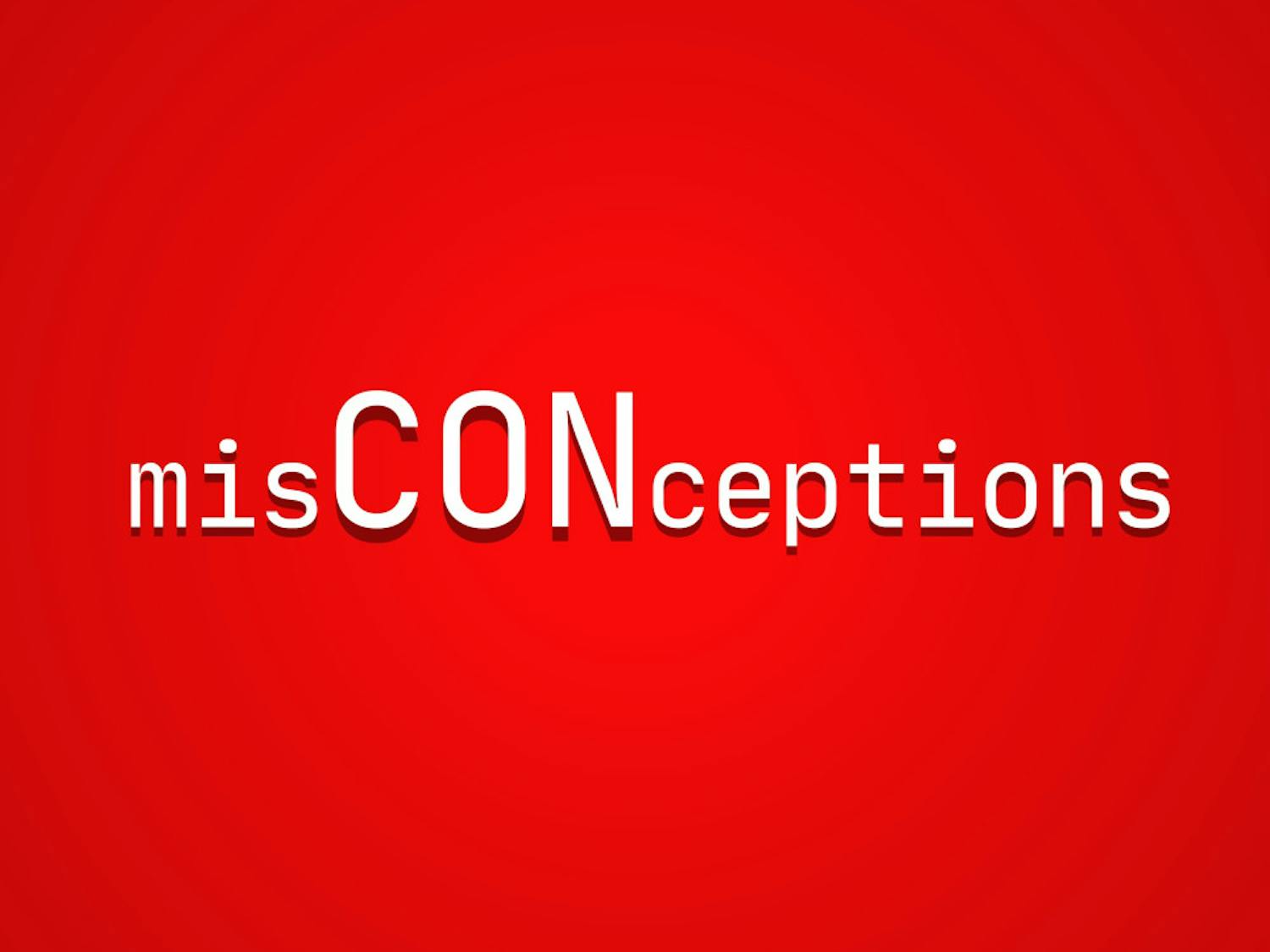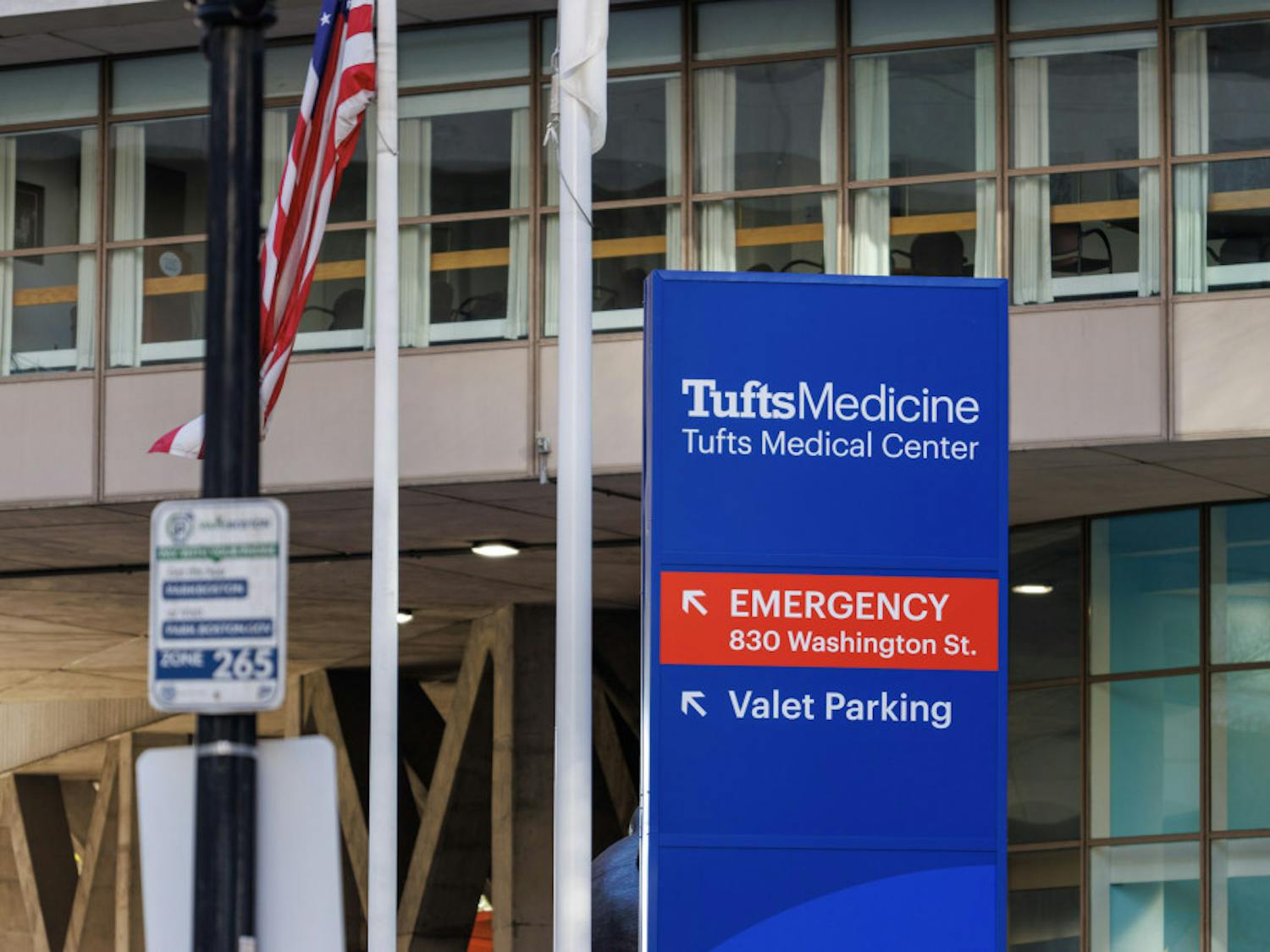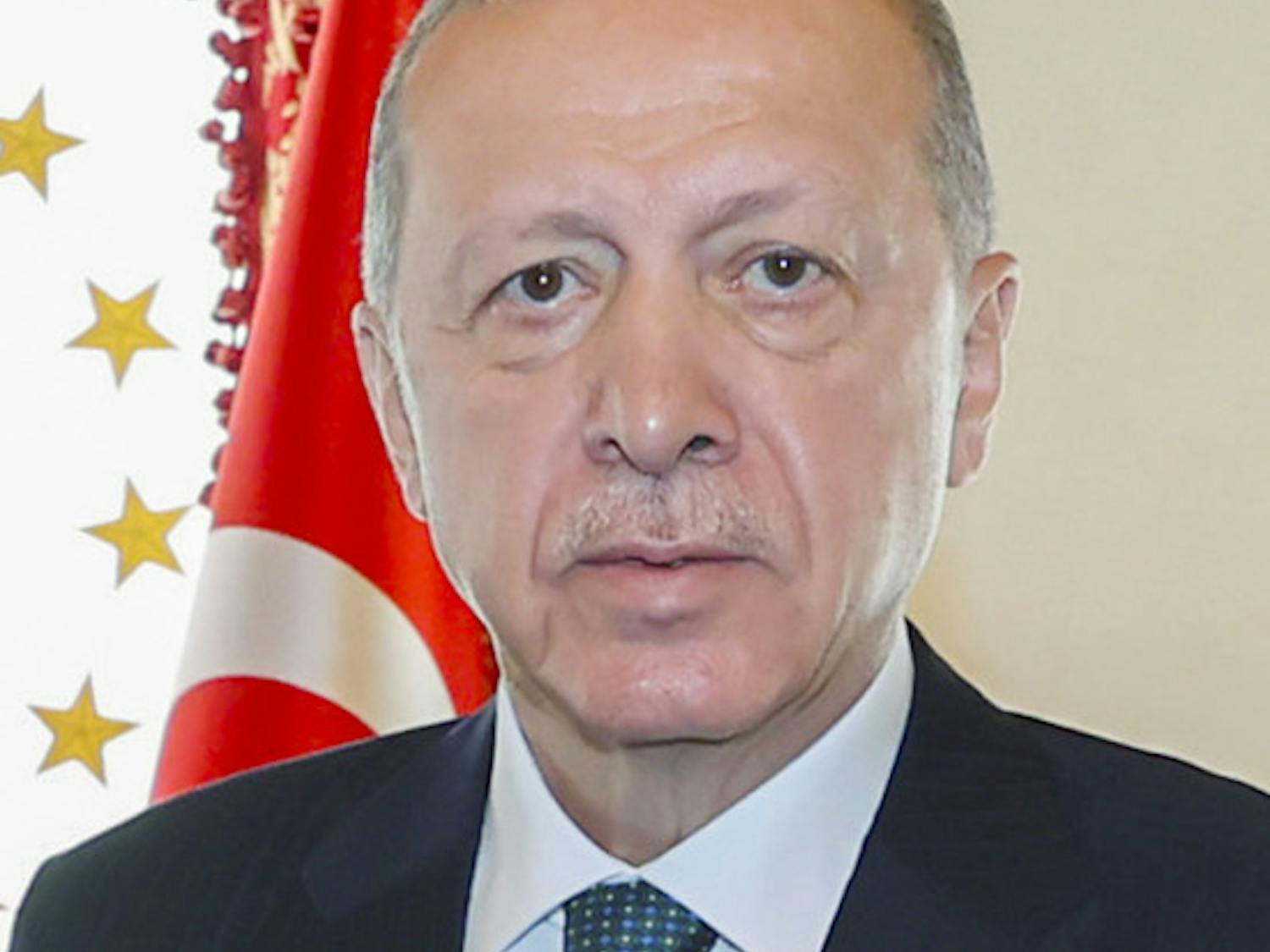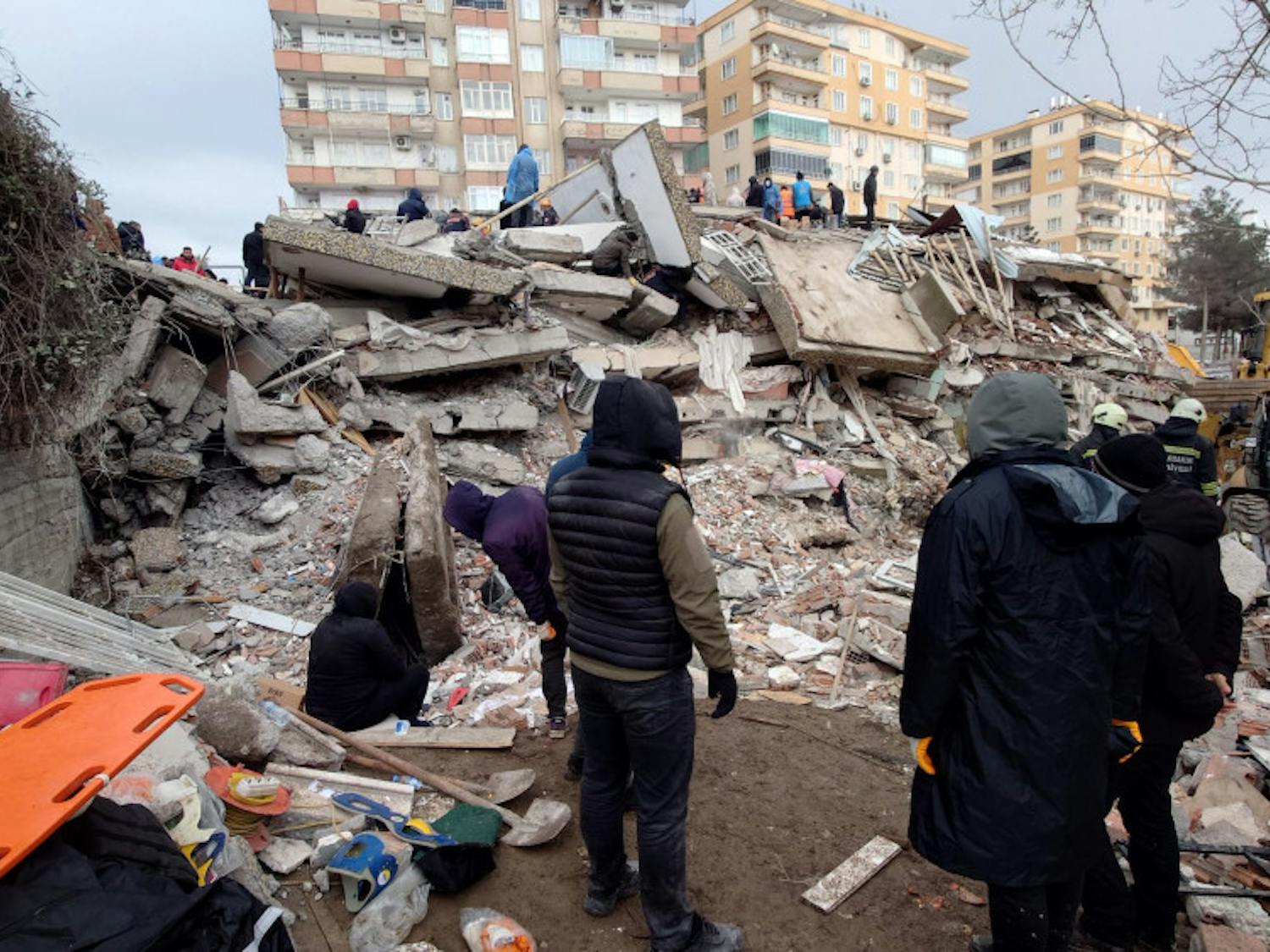Jumbos, it’s time to get out of the bubble
By Justin Hong | March 1I came to Tufts excited to be in a city with real public transportation. Coming from a Los Angeles suburb, just about anything — even the failing MBTA — was a step up from what I was used to back home. Now, I use the T all the time to get to work or just to explore, and it shocks me to see how little some of my friends use it. My exploration of the Greater Boston area introduced me to a great variety of people, ideas and places that I never would have encountered at home without a car.



















